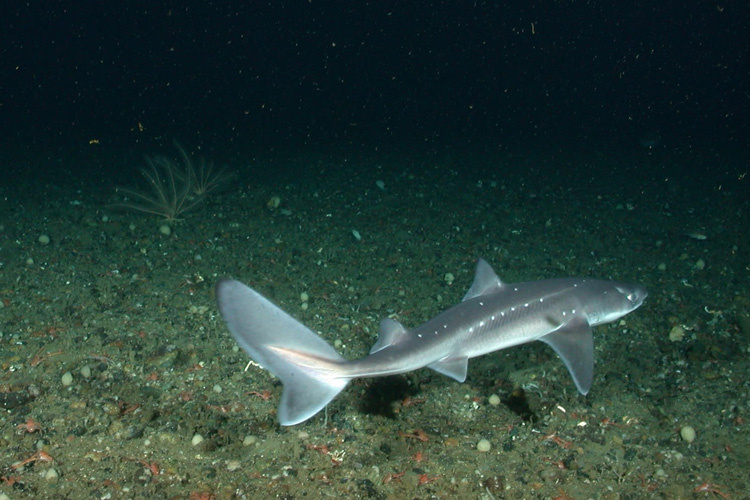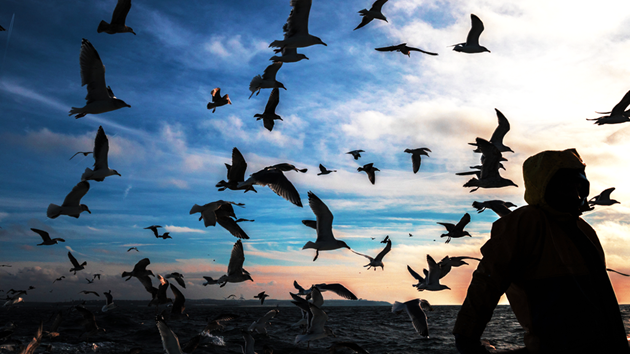Shark conservation is complicated
What is the first thing you think of when you think about sharks—shark conservation or shark consumption?
I’m a marine conservation biologist, and I’ve dedicated my life to studying how to save sharks from extinction. Because of this, well-meaning people often expect my stance to be, ‘ban all fishing for sharks, period’. However, my expert view is that that is not a comprehensive solution to the problem at hand.
See, the thing is, I don’t just study threats to sharks and solutions to those threats; in order to build out effective solutions, I must also do work to ensure that the average person knows about and understands the issue. And although there’s more public outcry around ‘saving sharks’ than ever, my research shows a striking disconnect between how experts and concerned members of the public understand the issue and its proposed solutions.
The average American does not consume shark regularly and may only think of shark-finning when asked about shark fisheries. For this reason, many believe that sharks should not be fished at all. In contrast, experts overwhelmingly believe that sustainable shark fisheries can—and do—exist.
Is there such a thing as a sustainable shark fishery?
Definitions for what a sustainable fishery is vary widely, but for the sake of this article, sustainable fisheries are defined as having: detailed scientific knowledge about how many fish are present and how often they reproduce; fishing limits or quotas that restrict how many fish can be removed from the system, based on knowledge of how many fish are there in the first place; rules to limit the impact of the fishery on the rest of the environment in terms of habitat destruction and bycatch; and a strong system of management that includes monitoring and enforcement of these rules.
Experts overwhelmingly support improved fisheries management as a solution to the unsustainable overfishing that threatens many shark species. Many also argue that sustainable fisheries for sharks should be the goal of shark conservation rather than bans on shark fishing, when possible.
The idea that sustainable fisheries for sharks can and do exist is not at all controversial among experts, many of whom, including me, were surprised at pushback to an announcement by NOAA a few years ago that US-caught sharks are sustainable seafood. While overfishing is a big problem worldwide, sustainable shark fisheries exist and are recognized by both consumer and industry-facing literature. These fisheries are predominantly found in the United States, with additional science-based fisheries management regimes in places like Australia, New Zealand, and Canada.
One such fishery—the largest shark fishery in the United States—is for spiny dogfish, a small species of shark that can grow to be 3-4 feet long and is often found in large schools along the east coast of the US. This fishery accounts for the majority of US shark fished by volume and is MSC certified sustainable. NOAA’s FishWatch program also notes that “US wild-caught Atlantic spiny dogfish is a smart seafood choice because it is sustainably managed and responsibly harvested”.
Dogfish meat is typically sold to UK fish and chips shops, but it’s also enjoyed domestically; blackened dogfish tacos are a popular choice in the Northeast.
Why aren't people talking about sustainable shark fisheries?
If experts overwhelmingly believe that sustainable shark fisheries are possible and should be the goal of shark conservation, why aren’t they more widely known and accepted by the average consumer?
Research my team and I did in 2020 attempted to answer this question by reviewing global media coverage of sharks. We looked at how shark conservation threats and solutions were discussed in nearly 2,000 newspaper articles around the world over the past decade and found a troubling pattern of bias and inaccuracy, with some threats and some solutions getting much more coverage than others, and tons of just plain wrong information.
Someone learning about shark conservation primarily through reading these articles, then, would have no idea that sustainable shark fisheries exist and are the preferred solution of most experts! This was a troubling discovery, as public opinion often shapes policy.
Food ethics are complex and personal and whether you choose to eat shark is up to you, but marine scientists and management experts overwhelmingly agree that sustainable commercial fisheries are the preferred solution to overfishing of sharks.
If you’ve never heard of this solution before, it’s likely that louder, more uninformed voices are drowning out the experts’ opinions. Fortunately, we are out there and happy to start—and continue—the conversation about shark conservation. I invite you to connect on BlueSky (@WhySharksMatter) and check out my vetted list of marine scientists and shark experts to follow.




